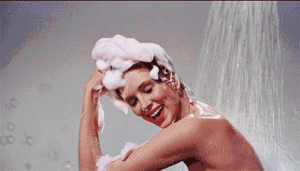
Are you used to bathing in the morning or at night?
Some people say that taking a bath after waking up can make people refreshed and full of energy; others say that taking a bath before going to bed can help relax tight muscles and nerves and help improve sleep quality.
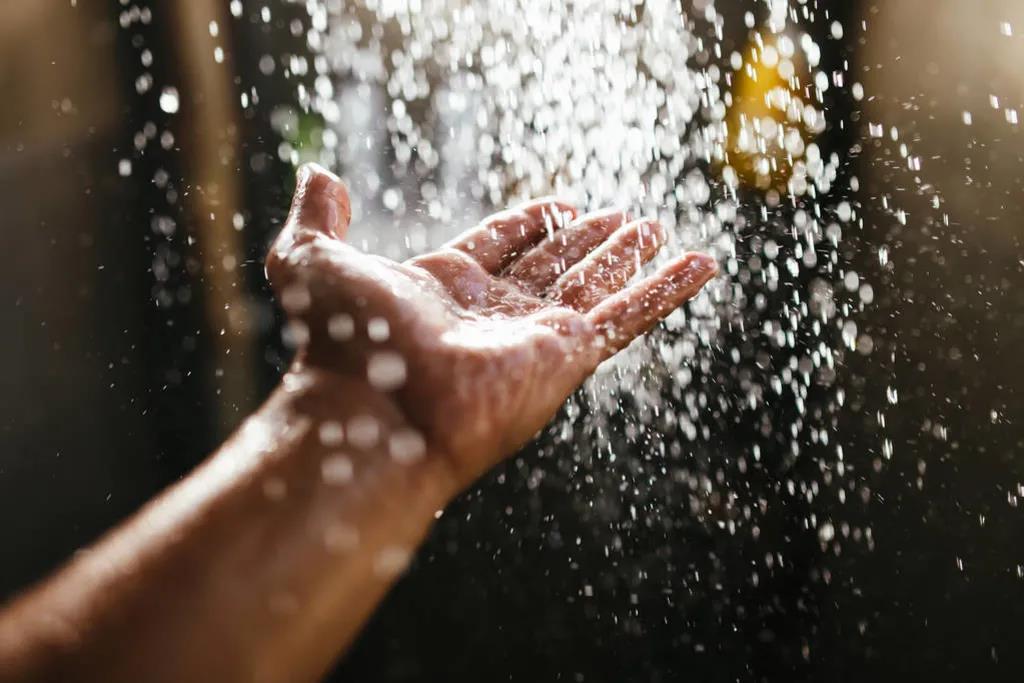
Both theories sound reasonable, so when is it better to take a bath?
Morning vs. night, when is the best time to take a shower?
Taking a bath at different times can achieve different results. People can choose the time that suits them according to their needs.
Bath in the morning
Remove skin oil
For people with oily skin, oil will accumulate at night, and bathing in the morning can clean up the pores well. If you sweat a lot at night, it is also suitable to take a shower in the morning.
Help refreshing
For people with busy work and high intensity, you can choose to take a bath after getting up in the morning, which helps refresh your mind, refreshes your mind and feels full of energy, and is fully prepared for the new day.
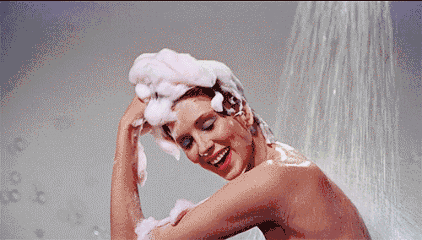
Help soften the beard
For men, taking a bath in the morning can soften the beard and make the shave smoother.
Bath at night
Conducive to stable skin condition
For people with eczema and dry skin, the nerves on their skin are calmer at night, and it is better to take a bath at this time.
Better removal of residues
If you put on makeup during the day, bathing at night is particularly important. The heat and continuous water flow during bathing can better remove the residue.
People who exercise regularly during the day, or who are engaged in the construction industry, and who live in cities with severe air pollution should take a shower at night.
In addition, for patients with allergies and asthma, taking a bath before going to bed is a more ideal choice. Showering can remove allergens such as dust and pollen from hair and skin.
Help relieve insomnia
A pleasant and warm bath before going to bed can make the body temperature rise and then decrease naturally, allowing the body to enter sleep mode better and alleviate insomnia. People with frequent insomnia can take a bath half an hour to an hour before going to bed.
A few moments are not suitable for bathing
In fact, there are no strict rules on when to take a bath. It depends on the effect we hope to achieve by taking a bath.
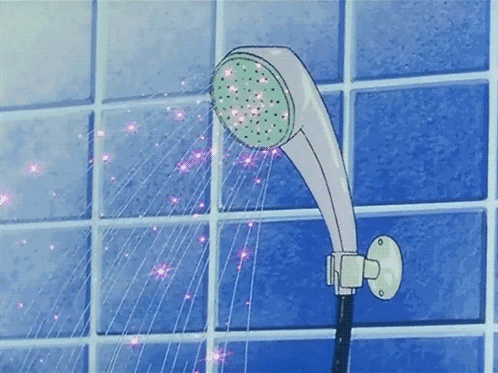
But there are some moments that are not suitable for bathing, which may cause harm to the body.
After physical or mental activity
Physical activity, such as after strenuous exercise, the blood circulation is in an active state, bathing immediately will increase the burden on the heart and blood vessels, and you should not take a cold bath at this time.
During long-term mental activity, the brain needs a lot of blood. If you go to the bath immediately, the blood will be transferred to the skin of the body, which may cause the blood supply to the brain to decrease rapidly and cause fainting.
When you are full or on an empty stomach
After eating full, the blood in the body concentrates in the digestive system. At this time, the blood vessels in the body dilate and the blood circulation in the digestive system is relatively reduced, which can easily lead to indigestion.
When on an empty stomach, the blood sugar level in the body decreases. Taking a bath increases the blood flow to the skin tissues and reduces the amount of blood supplied to the brain, which can lead to accidents such as fainting.
After drinking
Alcohol inhibits liver function activities and hinders the release of glycogen. When taking a bath, the body’s glucose consumption increases, and blood sugar cannot be replenished in time. It is prone to symptoms such as dizziness, vertigo, general weakness, and hypoglycemia coma.
Drunkenness can affect one’s sense of balance, and it is easy to fall and bump in a slippery bathroom.
When hypotension or hypoglycemia
When you have low blood pressure, low blood sugar, or take a bath when you are extremely tired, it is easy to cause dizziness or shock due to lack of oxygen. If you need to take a bath at this time, do not stay in the bathroom for too long. Pay attention to proper ventilation of the bathroom to increase the oxygen content.
Do a few things to take a bath in winter
The small matter of taking a bath may also cause accidents. Everyone must do these 8 details:
Replenish moisture
Drinking a glass of boiled water before bathing can replenish the large amount of water lost due to capillary expansion; drinking a glass of water after bathing can replenish the water lost in the body. It is advisable to drink a small amount of water several times.
“Preheat” before washing
In winter, the temperature difference between the room and the bathroom is large. It is recommended to “warm up” the body and bathroom before taking a bath. Where there is no heating, it is best to warm up before taking a bath, such as stepping on the spot, twisting your waist, rubbing your feet, and turning on the Yuba a few minutes in advance.
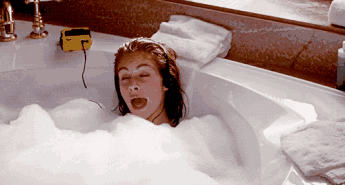
Pay attention to the order of bathing
Taking a hot bath in winter, the warm water suddenly comes from the head, which will cause a large amount of blood to concentrate on the skin surface where the blood vessels are dilated, causing heart and brain ischemia.
Rinse your feet with hot water before taking a bath, and then slowly pour water on other parts of your body after your feet are warm, so that your body has a gradual adaptation process.
Don’t overdo it
Rubbing hard with a bath towel will destroy the skin’s barrier protective layer. If you can hear a squeaking sound by rubbing your skin with your fingers after washing, it means you have over-washed.
It is recommended to use a soft sponge dipped in shower gel to scrub gently, and only use the scrubbing towel on areas with thick cuticles such as elbows and knees.
Use less body wash
The climate is dry in winter, and excessive use of cleaning products such as shower gel will aggravate symptoms such as dryness and itching. Cleaning products such as body wash can be used once or twice a week, or only on elbows, necks and other easily soiled places.
Have a bench and don’t lock the door
Standing and taking a bath for a long time may feel powerless, and it is easy to faint and slip. The elderly can bring a small bench and sit and wash when they are tired. This saves energy and does not have to worry about slipping.
If you take a bath, do not lock the door, so as not to affect the rescue in the event of an accident.
Don’t catch cold when changing clothes
Returning from a warm bathroom to a relatively low-temperature room, if you don’t have warm clothes on your body, your blood vessels will contract cold, blood pressure will rise, and your heart will be burdened.
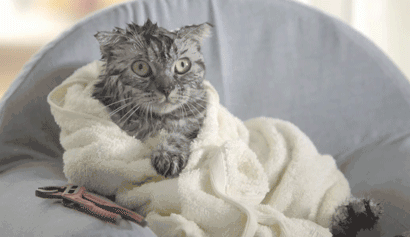
To keep warm, put on a bath towel when you come out of the shower, or change clothes in advance in the bathroom.
Apply moisturizer within 3 minutes
In winter, when the temperature drops, the sweat and sebum secreted by the skin will be reduced, and it will be relieved in winter. It is best to apply moisturizer within 3 minutes.
Within 3 minutes after bathing, the skin is still in a moist state, and there will be some small water droplets or steam on the surface. Applying body lotion at this time can achieve the best hydration effect and the best time to moisturize the skin.
tnews123456..pw
Comments